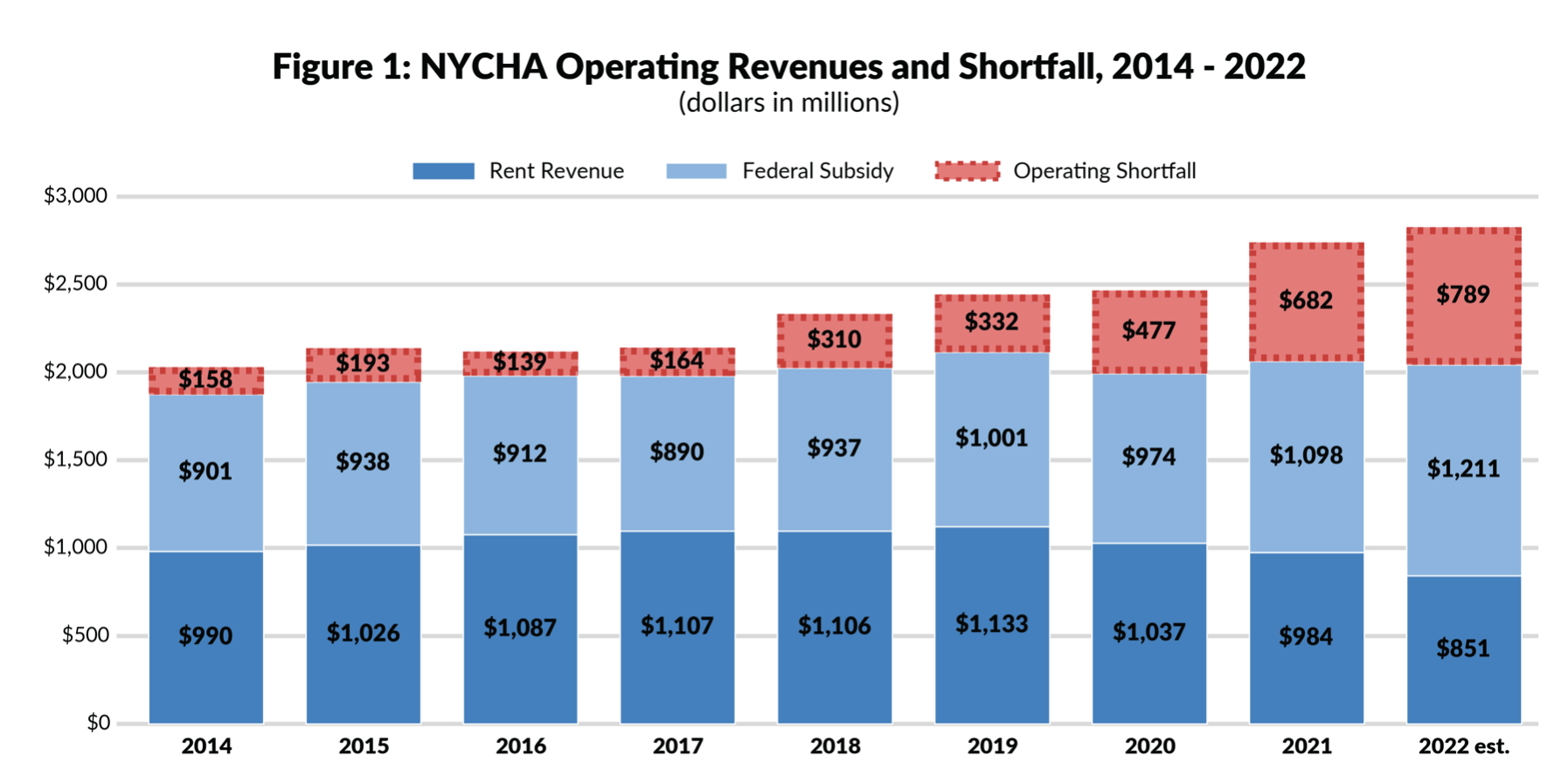Are There Any Democrats Left Who Are Not Fully On Board With The Agenda Of The Radical Left?
/A phenomenon of politics on the Left as practiced today is that new and ever more radical orthodoxies continually pop up and demand adherence from all members of the faith.
No longer is the common agenda just a simple commitment to more government spending to enhance perceived justice and fairness in society. Instead, a list of new demands for government actions grows ever longer and more extreme.
Many long-time Democrats of my acquaintance consider themselves political moderates, although generally supportive of government efforts to uplift the poor through spending and programs. But the internal councils of the Democrats are now dominated by radicals demanding complete loyalty to the full agenda.
Thus the question is, if you vote for any Democrat for public office, do you inevitably get someone who will go along with every single element of the most radical agenda of the Left?

